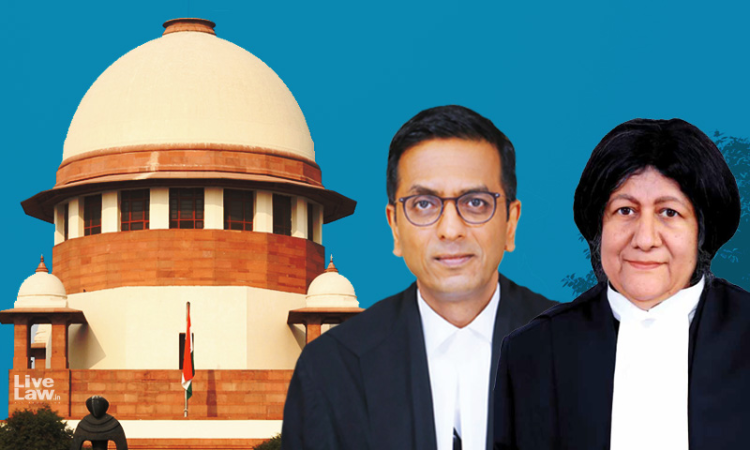High Courts Have Power To Grant Bail By Invoking Article 226 In Suitable Cases: Supreme Court
Ashok Kini
27 Nov 2020 2:35 PM IST

"High Court should not foreclose itself from the exercise of the power when a citizen has been arbitrarily deprived of their personal liberty in an excess of state power."
Next Story


